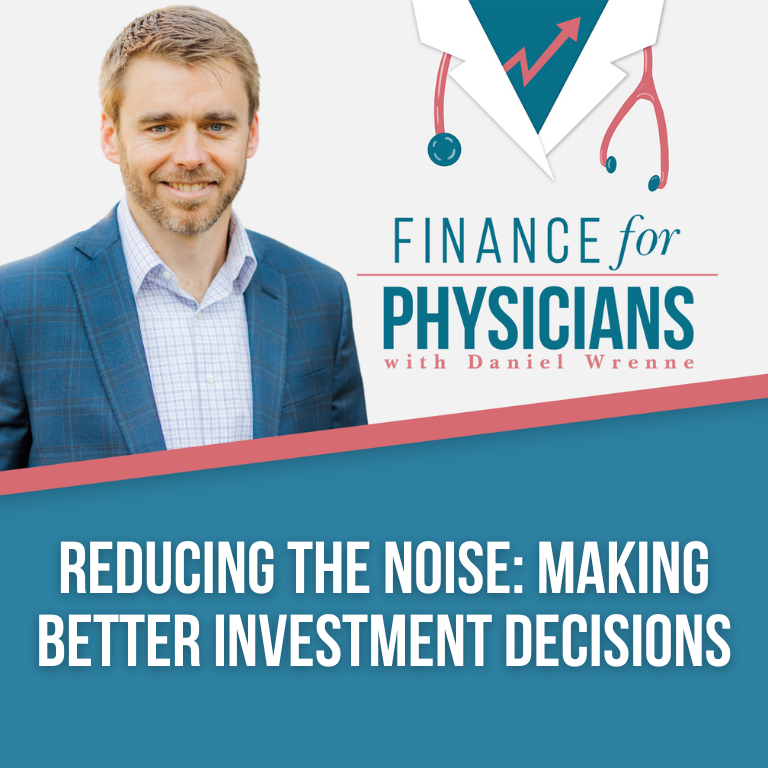When it comes to investing, perhaps the single most common thing we see that trips up our clients is the temptation to act on the chatter around them. Whether it be a close friend, newspaper article, or financial pundit on TV, there is no shortage of people offering their opinions on how they believe a particular stock, or the market in general, can be expected to behave.
“A big named-brand company secures a lucrative deal. Buy.”
“Unrest in the Middle East. Sell.”
“Gas Prices at an all-time high. Sell.”
“The world is afraid of a Donald Trump Presidency. SELL!!”
The disappointing thing to us is that people actually act on these recommendations! Clients are always looking for ways to either earn a premium, or more frequently, avoid loss of principal. And for that reason, comments like these that are broadcast on CNBC or published in the Wall Street Journal have tremendous impact on those who are exposed to it. It truly never ends; yet, for every person that gets it right, there are a dozen more that swing and miss….badly.
Even the financial experts at Goldman Sachs are guilty. From August 2nd: “Goldman Sachs Says Stay Away From Stocks for the Next Three Months”. The S&P is up 5% since this was published. Can you imagine what the people who followed this commentary must be thinking? That is a lot of money left on table.
Why is this so easy to fall prey to?
There are a number of reasons why we find ourselves getting excited over the constant noise infiltrating our lives. While it is often impossible to resist, the most important step to eliminating rash behavior is to understand why it occurs in the first place.
One of the primary factors that explain how otherwise very smart people can find themselves moving to cash simply from the commentary of a Goldman Sachs analyst is what is referred to as narrative bias.
Narrative bias occurs because our mind is trained to attach itself to a plausible narrative. That is, most people will believe a majority of what they are told, simply because it makes sense to them. People don’t believe that the stock market is headed for impending doom without a believable story to go with it.
The most dangerous market noise to you personally, is that which comes with a story that you are most likely to believe. Donald Trump opponents are far more at risk for falling for the “Donald Trump is going to lead to a recession” narrative. And Risk Averse people are overly-susceptible to acting on the “Goldman Sachs says to sell all stocks” narrative.
Understanding where you may be vulnerable can help you prevent yourself from making real mistakes.
But what impact do these seemingly important events actually have in the stock market?
The answer is not much. We must be careful not to reduce our understanding of the stock market to one single event. In reality, the market acts in response to hundreds, or even thousands of events simultaneously. Trying to explain or predict it’s behavior as a result of one, or even a few factors, is setting yourself up for investment failure.
Instead, we should acknowledge our limitations. We don’t know what will happen to the price of a stock simply because a company announces the release of a new product. And as a result, we shouldn’t base our buy and sell decisions on such. Take a disciplined, long-term approach to managing your portfolio. Be mindful of the narratives — you will hear them daily. Instead of reacting and making potentially costly decisions, make a deliberate effort to stay disciplined. You won’t regret it.
